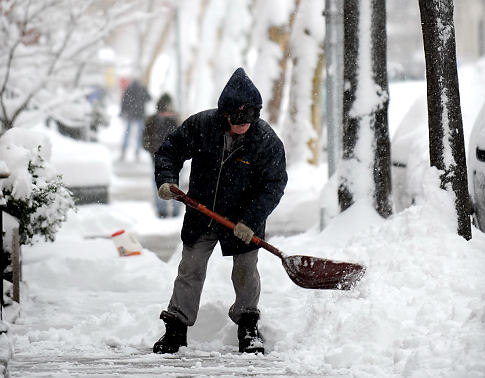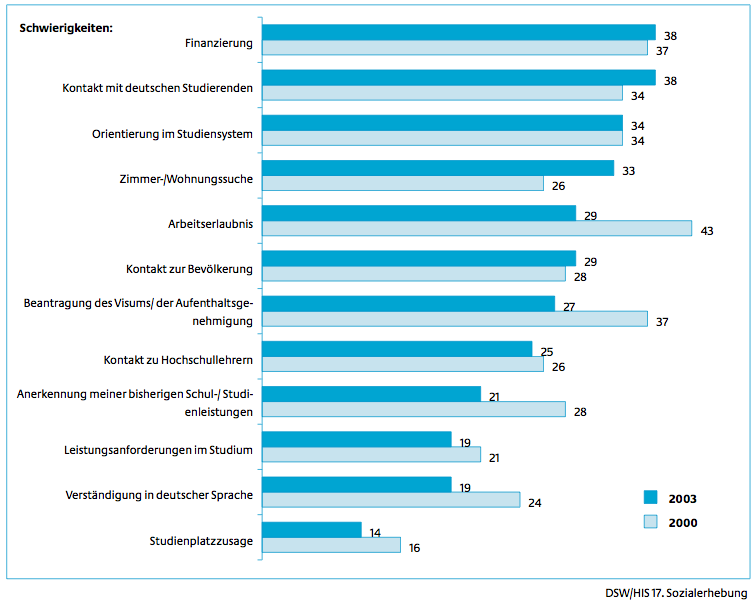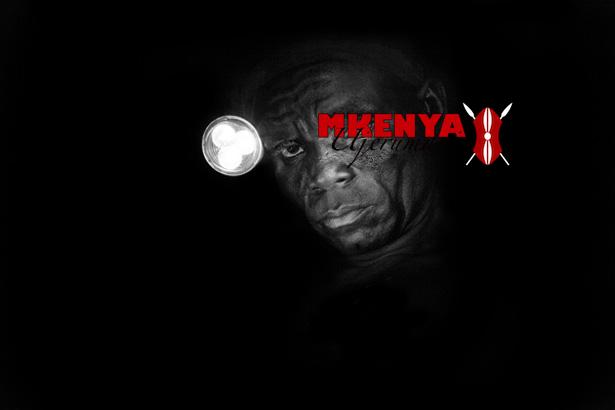White snow landscapes, sparkling meadows, shiny crystalline lakes are a beautiful sight that enchant us. However after a second or third day of snow, it becomes a burden for landlords, tenants and pedestrians. Who is responsible for keeping pavements safe and clear from snow? Can I get a reduction on the service charges when I shovel a bit of snow? And what happens if it is my turn to shovel snow and I am sick in bed? This article tries to clarify about the ten winter misconceptions and myths.
Myth1: It is always the duty of the tenants to clear the sidewalks in front of the house.
This is false. The property owner/ landlord must ensure that everyone can walk safely on private sidewalks and paths that lead to their property without injuring themselves. This is especially true in winter when it’s snowing or slippery when frost forms on the pavements and sidewalks. The landlord/owner must ensure that snow and ice are removed from paths and pavements leading to his property. He has to clear these paths himself or he can pass on this responsibility to his tenants. This should be stipulated in the lease agreement/ rental agreement as hanging this task as a part of a house rules in the hallway, does not bind the tenants.
Myth 2: In apartments/ flats the tenant who lives on the ground floor will always be responsible for clearing the pathways/ pavement leading to the flat.
This regulation has been outdated and no longer exists. It is not allowed that one tenant should shovel snow the whole winter for all other tenants just by virtue of living on ground floor. Landlords who use leases prefabricated lease agreements are asked to check to ensure that this is not part of their lease agreement.
Myth3: If someone walking on a sidewalk falls and is injured because of the snow, which the landlord or tenant, whose turn was to clear the path is automatically liable.
This is basically correct: the property owner is liable even if he has transferred the responsibilty of clearing the sidewalk/ pavement to his tenants. Landlords are therefore advised to check whether their tenants have been doing their duty of shovelling snow effectively. Because if they do someone is injured the landlord has to prove that he regularly checked whether tenants actually shovelled snow.
Myth 4: The landlord may engage someone to clear sidewalks/ pavements of snow and can then pass on those cost to his tenants.
This is false. A landlord may hire someone to free the sidewalks of snow and ice but cannot automatically pass on these costs to his tenants. He first has to consult and reach an agreement with his tenants after which he has to get a written consent that is included in the lease agreement.
Myth 5: A tenant who takes it upon himself to clear snow from the pavement is entitled to a reduction in the service charges (Nebenkosten).
This is not true. Only what is in the rental contract that is valid. If a tenant has signed a contract that entails hiring someone to clear the pathways in winter, he has to pay for this service since it is part of the rental contract. Thus this will not change the contract if a tenant decides to shovel snow; he is not liable for a reduction of costs.
Myth 6: If a landlord puts a warning sign indicating that the pavement is not cleared of snow means he is not responsible if someone falls and hurts themselves.
It is not that simple, for a landlord to avoid his responsiblity. Since the postman has to get to the mailbox, if he slips and breaks a leg putting up this sign does not protect the landlord: he is still liable. The same applies to signs that warn children who are playing on grounds located on the property.
Myth 7: When I’m sick or on vacation, I do not have to shovel snow.
Christmas holidays are approaching: bags are packed, heater is switche off and the car engine is warming up, its ime to go on holidays.In anticipation oft he holidays one asks themselves who cares about the snow on the sidewalk? The landlord is responsible to see to it that no one gets hurt when walking on pavements near his property. And if they cannot clear the pavement, they have to make arrangements for someone to do it on their behalf. A tenant who falls sick when it is their turn to clear the pavement can ask a neighbour to come to his rescue. The only exception is when one cannot fulfill their duty due to an emergency.
Myth 8: It is fine to clear the pavement once a day.
A quick shovelling of snow before one heads to work is doen not release you from the responsibilty of keeping the pavement safe during the winter time. One needs to ensure that the sidewalk remains continuously passable and safe.
Myth 9: If someone gets hurt on my property, I bear the sole liability.
Snow and ice during winter means that people have to tread cautiously. Whoever falls gets hurt is usually partly to responsible.
Myth10: The landlord is only liable to compensate for personal injury caused by neglecting to clear his pavements.
If someone gets hurt because the pavement was not cleared he has a right to compensation. This compentation goes beyond personal injury of the hurt person. It can include compensation for their loss of wages and medical expenses must be reimbursed to the health insuarance companies.











